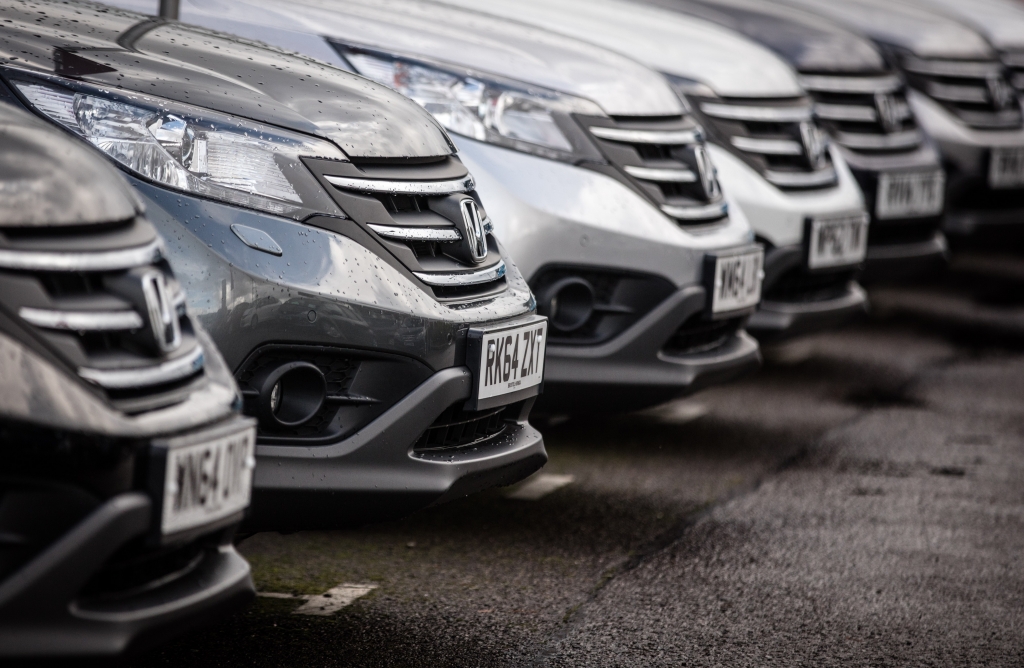The Dirty Dozen: Independent Testing Finds 12 European Automakers Diesels
British newspaper The Guardian just released its second report investigating the real-world emissions of diesel vehicles, and it’s not pretty: Models from Mercedes-Benz, Honda, Mazda and Mitsubishi all put out more than the legal limit of NOx, the pollutant at the center of the Volkswagen diesel emissions scandal.
There is more bad news for the automobile industry. But don’t expect an immediate change: Automakers are asking for more lenient emissions standards if real-world testing becomes the norm.
On average, Emissions Analytics found the diesel vehicles they tested were four times the legal limit for nitrogen oxide (NOx).
The company has admitted to fitting the diesel vehicles with software that turns on emission controls when the auto is being tested and then turns off when it is on the road.
Mercedes-Benz is however disagreeing with this finding.
“Since real-world driving conditions do not generally reflect those in the laboratory, the consumption figures may differ from the standardized figures”, a Mercedes-Benz spokesperson told the Guardian. And Mitsubishi, on average, produced over 1.5 times the legal level.
Honda and Mazda too have rubbished these reports.
Mazda: “In compliance with the law, Mazda works hard to ensure that every petrol and diesel engine it makes fully complies with the regulations”. It appears more likely that “the issue is a systemic one”, said Nick Molden, whose company Emissions Analytics tested the cars.
This follows an earlier Guardian report that revealed substantially higher levels of pollution in diesel vehicles sold by Renault, Jeep, Hyundai, Fiat, Citroen, and many others.
As well as failing to meet government-set targets, these cheating cars are said to have pushed pollution to illegal levels to many places across the United Kingdom, added billions of pounds in national health costs and caused thousands of premature deaths.
The problem seems to lie in the fact the cars were created to perform better in the lab than on the road, but there is no evidence of illegal activity.








